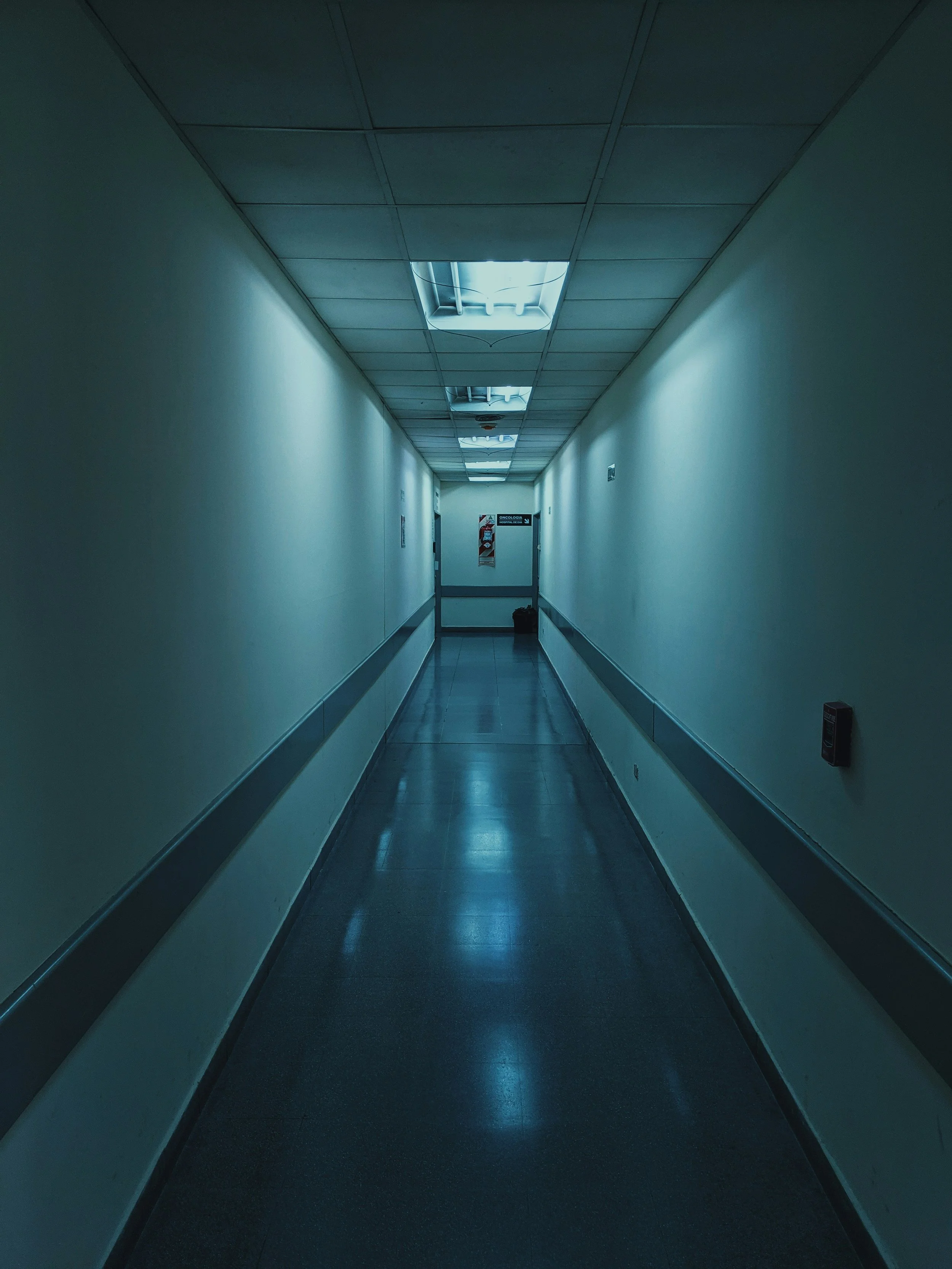Care or Confinement? An abolitionist perspective on psychiatric detention
Oscar Sharples (he/they) is a University of Cambridge MPhil student and activist interested in the sociology/anthropology/criminology/history of marginality, disability and neurodiversity. His MPhil thesis focuses on self-diagnosed autistic communities and mutual aid, and he hopes to pursue a PhD exploring the detention of autistic people under the Mental Health Act.
Photo by Gonzalo Kenny on Unsplash
Content warning for psychiatric institutionalisation, abuse, self harm, and suicide
Around the summer of 2020, in the depths of the TikTok ‘for you’ page, I came across a girl called Lauren (@laurenrecovers). Lauren shared candidly about the mental health struggles she faced as an autistic person, many of which reflected the experiences of myself and my autistic friends. As I followed her story over the coming months, I learned that she was being held as an inpatient in a psychiatric ward, six hours from home, and was desperate to go home to her family. It wasn’t long before I found her mum's account too (@laurensmummy), documenting how Lauren’s needs were not being met, and how she was left to suffer sensory overload from the unsuitable environment. In January of 2022 Lauren posted a video stating “I just want to go home to my family”, captioned “me being in hospital makes me worse”. Lauren posted her last video in February of 2022, and shortly after, died by suicide.
Since witnessing Lauren’s story unfold, I’ve submerged myself in a topic that I have the privilege of not experiencing firsthand: how our psychiatric institutions consistently fail autistic patients, many of whom lose their lives. Research into these institutions makes it clear that Lauren’s story is alarmingly typical, with healthcare staff across England reporting incidents (causing severe and life threatening physical and/or psychological damage to patients) twice every hour in 2022-2023. Lived experience accounts of involuntary psychiatric care under the Mental Health Act depict horrific stories of abuse, coercion, and trauma. Autistic people detained under the Mental Health Act in particular are too often overmedicated, secluded, and subject to unnecessary restraint.
These stories raise a number of questions about our approach to mental health care. Why are young people moved to placements hours away from home? Why are autistic patients left to deteriorate in unsafe environments (think harsh LED lighting, constant noise, little to no access to safe foods, and no comfort from familiar routines)? How has the use of sedation and restraint gotten so out of hand? And most fundamentally, why do we detain people in crisis rather than care for them?
We find ourselves in a world where the ‘care’ of the mentally ill is strikingly reminiscent of the punishment of the incarcerated. Both, by virtue of a label they have little control over, are denied the most fundamental rights, and are too often subjected to the most despicable circumstances. Of particular interest to me is that both are segregated away from wider society, and therefore away from the community support and connection that research demonstrates is crucial to our wellbeing.
We often talk about the mental health system being “broken”. Yet an abolitionist lens teaches us that the very idea of psychiatric institutionalisation centres around isolation and containment - not care. What about hours upon hours of isolation, physical restraint, sedative injections, heavy doses of antipsychotic medication, restrictions on seeing friends and family, and stripping a person of the most basic facets of independence facilitates an improvement in a person's quality of life?
For autistic and allisitic patients alike, an abolitionist lens makes it clear to us that what the change needed is not more restrictive safeguarding measures, nor more convoluted discharge protocols, but a fundamental reimagining of mental health care care itself. No amount of atomistic reform of psychiatric wards will change the fact that they are intended as a tool of isolation rather than connection. In short, when we think about caring for those that are most at risk of self harm and suicide, we should not think of segregating them away from the community but rather the opposite: ensuring that they receive the resources they need within their communities which the medical model under capitalism cannot provide, yet also have deep, meaningful, and long lasting social relationships that make their lives worth living.
Resources
Lived experience account of psychiatric detention
Anti-Psychiatry vs Psychiatric Abolition, Róisín: Madness Nework News
Abolition Must Include Psychiatry, Stella Akua Mensah: Disability Visability Project
